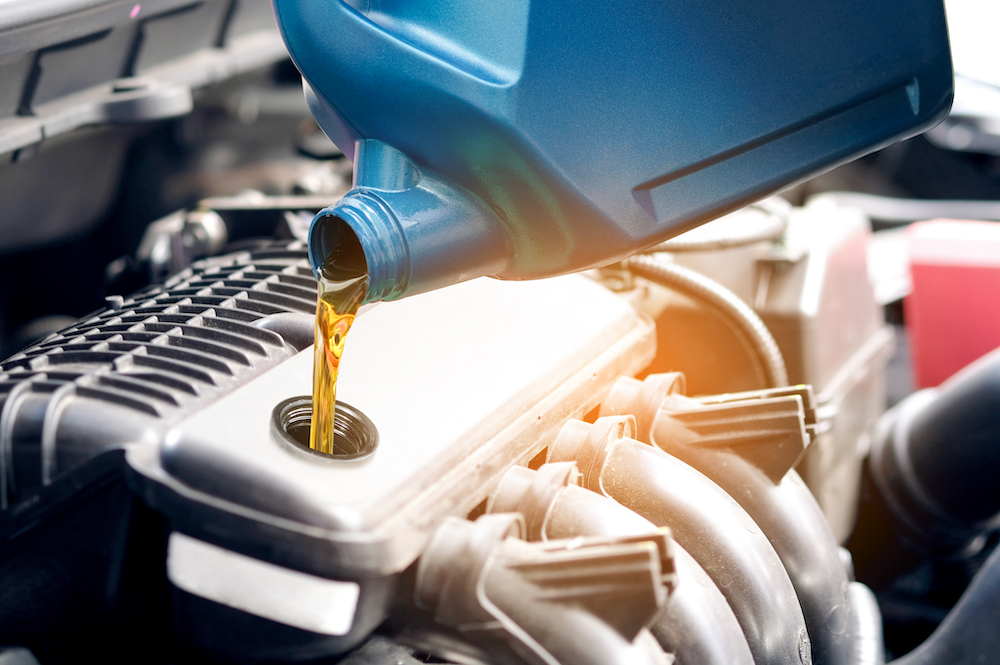What Does 10W30 Engine Oil Mean? How is it Different Than 5W30 Oil?

The 10W30 designation on engine oil means that the viscosity of the oil is rated at 10W when an engine is cold, and 30 when the engine is hot. This is different than an oil labelled 5W30, which has a thinner viscosity when the engine is cold at 5W.
Want to keep reading?
Oil Analysis | What Is Oil Analysis?
Oil analysis is a form of predictive maintenance that focuses on evaluating the condition of an equipment’s lubricant.
What are some common oil analysis tests?
Some of the most common oil analysis tests include viscosity tests, particle counting, Karl Fischer water titration, and Spectroscopy.
What is Leak Detection and Repair (LDAR)?
LDAR refers to U.S. Environmental Protection Agency regulations designed to help reduce volatile organic compounds
4,000+ COMPANIES RELY ON ASSET OPERATIONS MANAGEMENT
Leading the Way to a Better Future for Maintenance and Reliability
Your asset and equipment data doesn't belong in a silo. UpKeep makes it simple to see where everything stands, all in one place. That means less guesswork and more time to focus on what matters.

![[Review Badge] Gartner Peer Insights (Dark)](https://www.datocms-assets.com/38028/1673900494-gartner-logo-dark.png?auto=compress&fm=webp&w=336)

Importance of a Viscosity Scale
In order to have a standard way to measure the viscosity of engine oil, the Society of Automotive Engineers (SAE) developed a viscosity scale. The scale ranges from 0W, which is the thinnest type of oil, to a rating of 60, which is the thickest oil.
The “W” that you see on oil labels stands for the word "Winter" because this portion of the label shows the viscosity level of oil when an engine is cold.
Motor oil that is thinner can flow more easily and faster. This is important because when you start a cold engine, the oil needs to lubricate the equipment quickly. A low viscosity motor oil allows it to do that. On the other hand, when the engine is hot, you don't want your motor oil to be too thin. Thus, the higher viscosity, or thicker oil, keeps all the engine parts well lubricated and separated.
How 10w30 Oil Affects Equipment
Although understanding oil viscosity is important in solid fleet maintenance, oil viscosity also affects the performance of a wide range of industrial equipment. For example, viscosity can increase or decrease the heat created by bearings and cylinders. Viscosity can also affect how quickly oil is consumed and how easily equipment can be started and operated in extreme temperatures.
When the oil has a higher viscosity, or is thicker at warm temperatures, you will use less oil and experience less wear and tear on your vehicles or equipment. However, a thinner viscosity oil can help improve the start-up of a piece of equipment as well as reduce fuel usage.
Inappropriate oil viscosity can result in occasional contact between machine components. When this goes unchecked, you’ll start experiencing damage and problems with equipment. As a result, it's important to not only select the right type of oil for each application, but also have a reliable preventive maintenance program that allows you to complete work orders quickly.